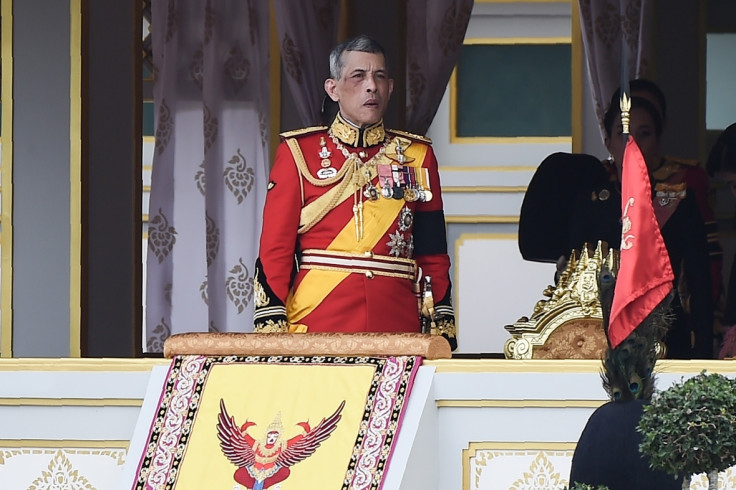Protesters demand more accountability from Thai King and resignation of PM Prayuth
Demonstrators made 3 demands to mark anniversary of Siamese revolution, including constitutional reform and removal of 250 military appointees from parliament.
Pro-democracy protesters took to the streets of Thailand's capital Bangkok on Thursday, to observe the 89th anniversary of the Siamese Revolution, a bloodless coup that overthrew the country's absolute monarchy and ushered in a constitutional rule.
Demonstrators made three more demands to mark the anniversary of the revolution: Constitutional reform, the removal of 250 military appointees from the parliament, and the resignation of Prime Minister Prayuth Chan-ocha. They are also asking for more accountability from Thai King Maha Vajiralongkorn, and restoring power to political parties and elected office holders, reports Al Jazeera.
The protest started at Bangkok's Democracy Monument, a traditional demonstration venue, where attendees lit candles and read out the 1932 proclamation of the end of the absolute monarchy. Hundreds of protesters then marched towards Parliament House, which is due to vote on several amendments to the constitution. They yelled "Prayuth, get out" while carrying red and white flags as well as replicas of an iconic plaque that commemorates the 1932 revolution in their hands.
The Thailand government is facing widespread criticism for mishandling pandemic recovery plans by not securing adequate vaccine supplies. However, the protesters themselves violated the coronavirus restrictions on large gatherings with their rally. It was their first large protest in about three months, which was around the time the protest leaders were jailed. They have since been released on bail.
The movement had gained momentum last year, largely in reaction to the continuing influence of the military in government and hyper-royalist sentiment, under which several have been jailed for simply criticising the monarch. The army had overthrown an elected government in 2014 and coup leader and retired Royal Thai Army general officer Prayuth was named as the prime minister in 2019 after a general election that elected a military-backed political party. Protesters argue that the Palang Pracharath Party was elected in power only because military rule bent election rules in their favour.
The protest leaders have put a major focus on the monarchy in their speeches, and believe that the monarch holds more power and influence than what is allowed in the constitution. Maha Vajiralongkorn, who became King in 2016 after the death of his father King Bhumibol, has also gained more direct control over the royal palace, and has been carrying out extremely expensive renovation work.

© Copyright IBTimes 2024. All rights reserved.






